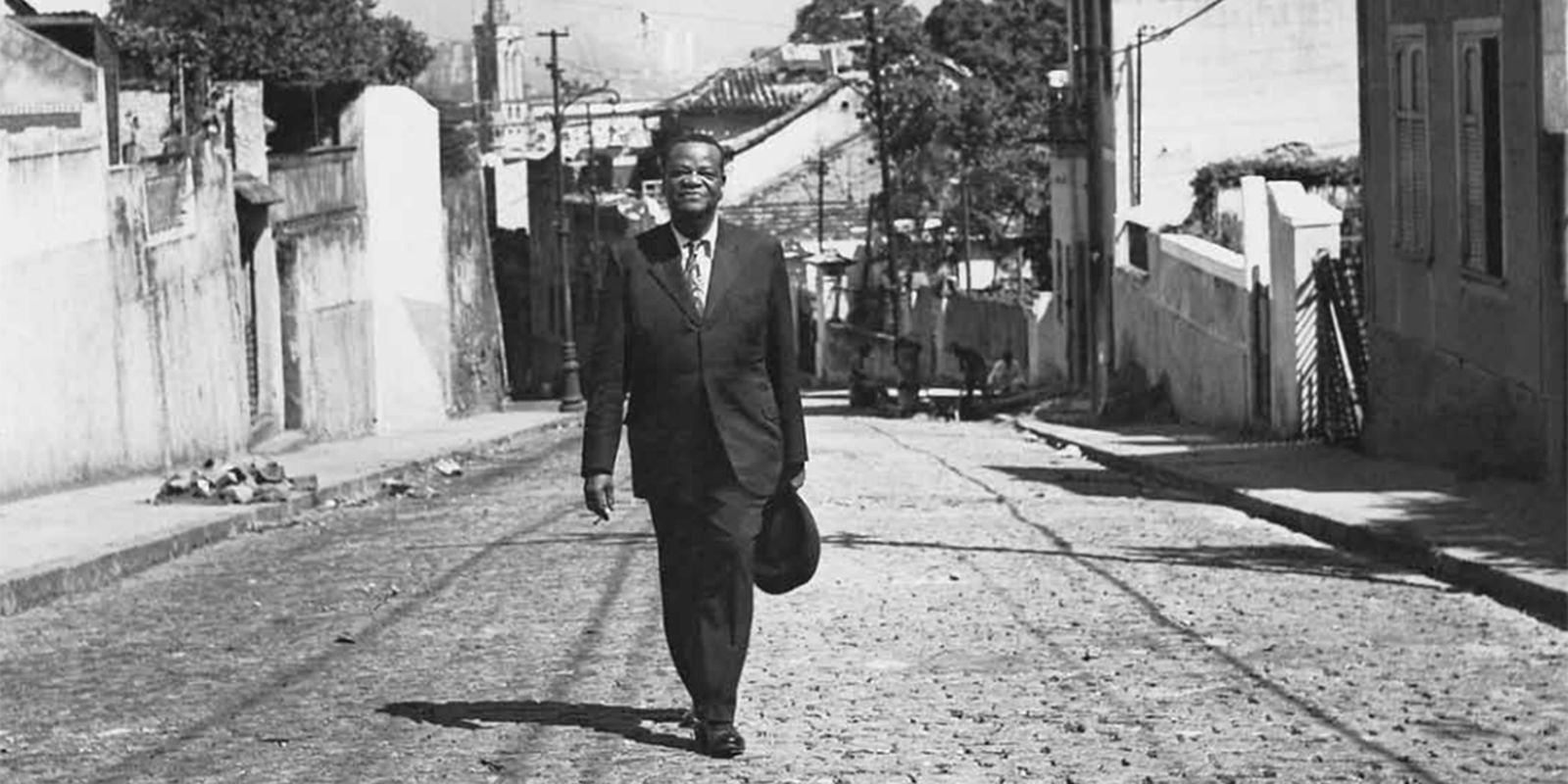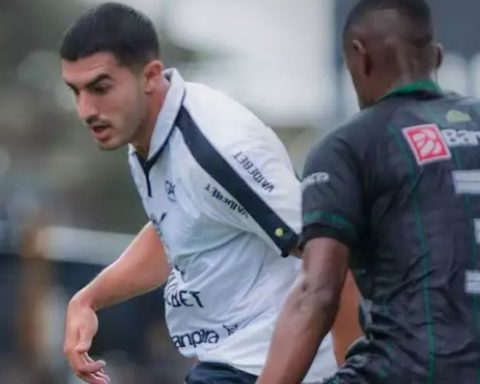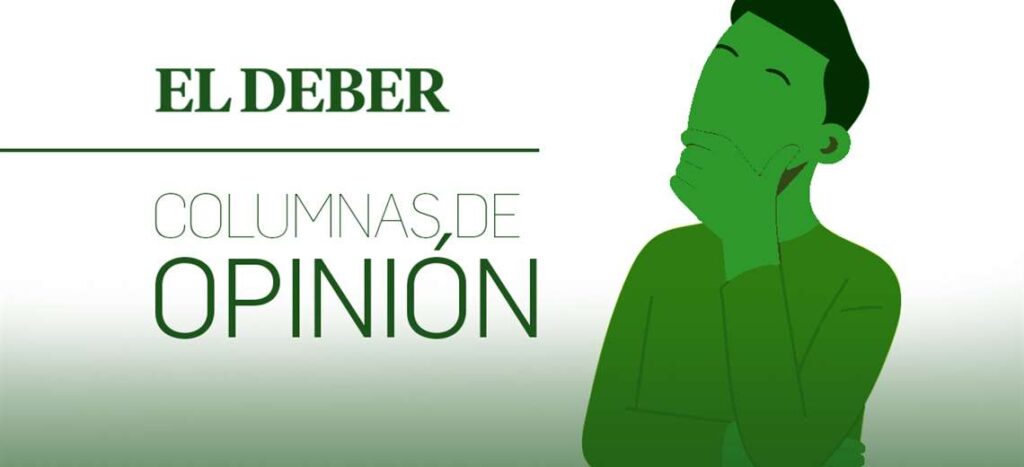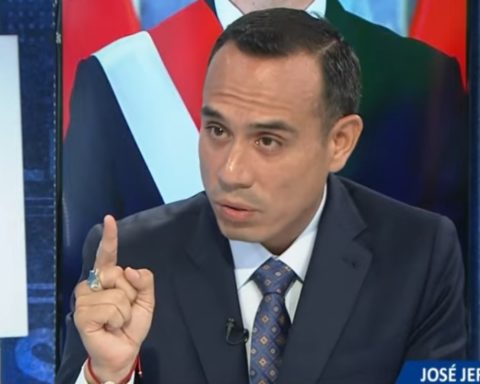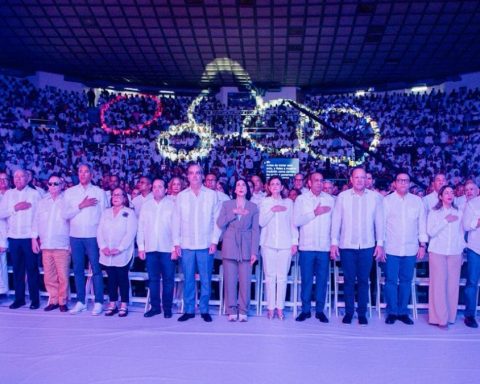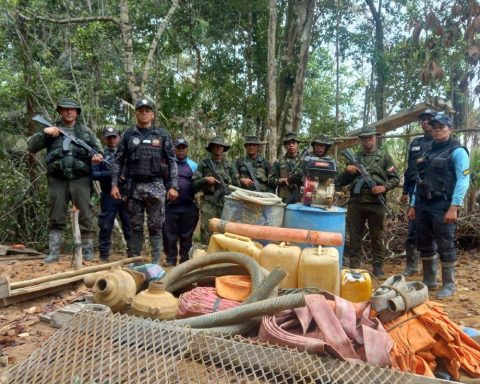The National Arts Foundation (Funarte) promotes this Thursday (10) the free re-release, with accessibility resources, of documentaries from the Pixinguinha Project, in its YouTube channel. Funarte’s producer and artistic director, Paulo César Soares, said that one of the most important roles for anyone working in the arts is to allow access to things.
“Now, when everything needs to be accessible via the internet with a click, in this case adapted to people who did not have access, the initiative is a reason for joy. We are talking about inclusion and inclusion is creating conditions for people with some type of disability to be able to to have access to the field of art. I think this is a victory.” The director admitted that the issue of accessibility is not new, but that when it is adapted to a collection, it becomes new.
Published with accessibility features – Libras, closed caption (hidden caption) and audio description -, the videos document the trajectory of the program that celebrated the memory of the musician Alfredo da Rocha Vianna Filho, known as Pixinguinha, and which circulated in Brazil in different phases, from 1977 to 2017.
The re-release takes place in the month that marks the 49th anniversary of Pixinguinha’s death, at the age of 75, on February 17, 1973. The musician would have turned 125 on May 4 of this year. In the set of videos that will be released, the public will also be able to watch, free of charge, a film celebrating the composer’s 120th birthday, released in 2017, with statements by lyricists Hermínio Bello de Carvalho and Paulo César Pinheiro, photographer Walter Firmo and arranger Paulo Aragon, informed Funarte.
music showcase
For Paulo César Soares, the Pixinguinha Project continues to be a showcase for Brazilian music. “The project showed what Brazilian music produced from north to south, from east to west”. He pointed out that talent exists all over the country, but sometimes they don’t have the opportunity to show themselves. “And the Pixinguinha Project gives this opportunity”.
According to the director, Funarte is studying the possibility of continuing the project, with shows artistic works at popular prices, well directed and well scripted, lasting one hour and fifteen minutes, covering both face-to-face and online. The intention is that it be done as soon as possible, although resources are needed to make the project a reality.
The publication of the Pixinguinha Project videos is one of Funarte’s actions to publicize the material that makes up the Brasil Memória das Artes (BMA) on Youtube. The project to digitize the collection for virtual access began in the early 2000s, with various items from the Funarte collection, such as photographs, sound files, texts and documents, which are part of the memory of the performing arts, the plastic arts and Brazilian music. . Paulo César Soares highlighted the importance of the Pixinguinha Project for the “robustness of musical genres and participating musicians”.
Project
In 1977, producer, cultural animator, poet and musical researcher Hermínio Bello de Carvalho conceived the Pixinguinha Project. The Funarte initiative became an important chapter in the trajectory of Brazilian popular music. The project provided for the movement of interpreters, musicians and the entire technical team throughout the country. The action ran regularly from 1977 to 1989 and had two suspension periods, from 1990 to 1992 and from 1997 to 2002.
The resumption took place between 2004 and 2007, with the last two versions in 2009 and 2017. Famous singers and songwriters participated in the project, including Cartola, Alceu Valença, Ademilde Fonseca, Edu Lobo, Clementina de Jesus and João Bosco.
One of the videos now available on YouTube with accessibility features is the first audition of Projeto Pixinguinha, in which rare recordings from 1977 serve as a starting point for a conversation between experts. The video Projeto Pixinguinha: second part of the commented audition shows, also with the participation of specialists, the performances of Jards Macalé, Carmem Costa, Lúcio Alves and Cartola.
According to data provided by Funarte, other videos address the origins and bases of the project, with the participation of singer Dóris Monteiro and playwright João das Neve. They also document the show’s revival from 2004 to 2007, including material from the DVD released about the 2005 season, with documentary and music videos.
Pixinguinha
Until 2016, April 23 was considered Pixinguinha’s birthday. Thanks to research by musician Alexandre Dias at the registry office where the artist was registered, it was found that the correct date of birth is May 4, 1897. The composer, conductor, arranger and instrumentalist was born in Rio de Janeiro and grew up in the central region of capital of Rio de Janeiro, with his parents and 13 siblings.
He formed the group Oito Batutas, in 1919, with his brother China and the musicians Donga, Nelson Alves, Jacob Palmieri and José Alves de Lima. In the same year, the group visited São Paulo and Minas Gerais, sponsored by Arnaldo Guinle. In 1921, he toured Bahia and Pernambuco, to make shows and research Brazilian musical genres. Pixinguinha is considered the father of choro, a musical genre based on flute, guitar and cavaquinho formation.
